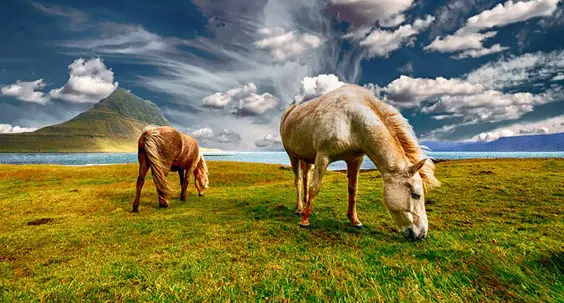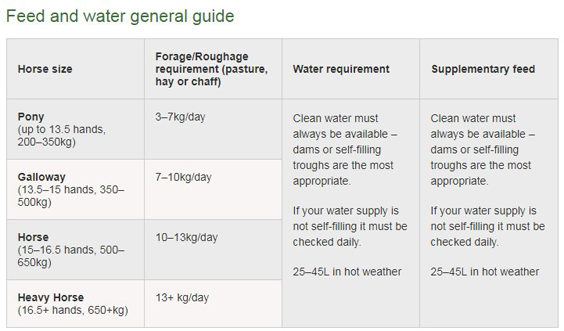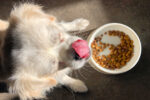Everything Involved with Caring for a Horse

Having a horse as a pet is an amazing, out-of-this-world, fulfilling, fun, and healthy experience, one we should all experience. Although horses are easy to care for, like most pets, they do require a substantial amount of care.
This article discusses the most important aspects of caring for your pet horse:
#: Understand your horse’s behaviour
Like most pets, horses have individual traits specific to them; the essence of this is that each horse will require individualised care. To give your pet horse the best care possible, the first thing on your to-do list should be to understand your horse.
Here, aim to spend a bit of time with your horse every day so that you can learn how it comprehends and learns; having this understanding will help you create an effective training routine that integrates exercise, strength conditioning, and socialisation.
Spending time with your pet horse will also ensure you understand your horse so well that when its behaviour changes, you immediately take note and can seek help from a qualified professional.
Keep in mind that horses are social animals and that if you keep your horse alone for far too long, it may develop stress and depression-like symptoms that may influence its health and wellbeing.
#: Actually care for your horse
Caring for your horse is exactly what the name suggests: giving your pet horse the care it needs to thrive and remain healthy, strong, and a fun pet to have and ride. To ensure that your pet horse has the best care possible, take care of feeding and watering depending on the size and age of the horse. Horses consume small amounts of food continuously for 12-16 hours. Ensure that your horse has constant access to a high-fiber, low energy feed such as low sugar hay, and plenty of water so that your horse remains hydrated.
On feeding, agriculture.vic.gov offers the following guidelines on how much feed and water to give to your horse depending on its age.
Care includes ensuring your pet horse also gets the exercise it needs, is clean and that it has a humane, clean, and adequate rest and exercise space and shelter. When it comes to exercising horses, it is crucial to consider the gear and the comfort of the horse. This includes items such as bridles, saddles, hoof covers, and more. Appropriate gear selection is of utmost importance, considering factors like the horse’s age and health condition. Saddles, in particular, play a vital role as using an ill-fitting one can have fatal consequences for the horse. As a responsible horse owner, conducting thorough research and gaining a solid understanding of the basics is essential. For instance, if you plan to go trail riding, it is advisable to use a saddle pad specifically designed for trail riding. Additionally, if your horse tends to sweat excessively, opting for high-quality numnahs from brands like LeMieux or others known for their good gear can be beneficial.
IMPORTANT NOTE ON CARE: When talking about caring for your horse, we cannot fail to mention the need to provide your horse with the general care it needs. General care here is in the form of caring for its feet and hooves, teeth, fur, de-worming and monitoring the horse so that should you notice the manifestation of conditions such as colic or founder/laminitis, you can take immediate action. Be especially on the lookout for colic because its various risk factors make it easy for the diseases to affect any horse, even one kept in ideal conditions.
To guard against colic, socialise your horse so that it does not feel stressed and depressed, provide the horse with adequate water and a healthy amount of appropriate feed, and give your pet horse the proper care it needs including de-worming, caring for its fur and teeth, and ensuring the horse gets a properly calibrated feed. The colic signs to lookout for are rolling, profuse sweating, increased pulse and body temperature, and changes in digestive patterns including defecation; your horse may paw at its abdomen. If you notice any of these signs, consult your vet immediately. You can read more on horse colic here.
Conclusion
As long as you work towards ensuring your horse has everything it needs to maintain proper health and wellbeing, that it has proper company so that it does not feel lonely, stressed, and depressed, and that you provide it with the right amount of exercise and feed, caring for your pet horse should not be too much of a hassle.











